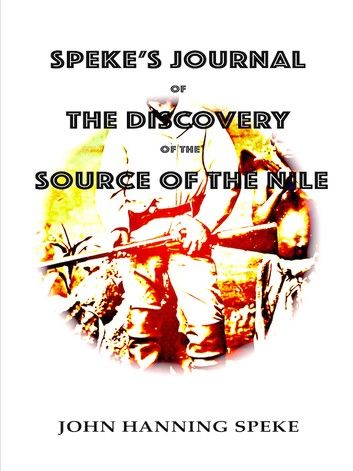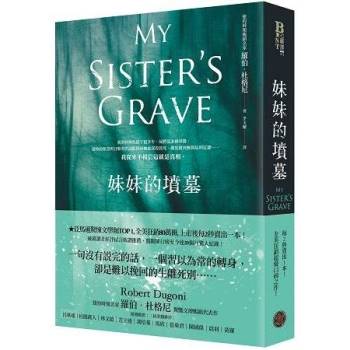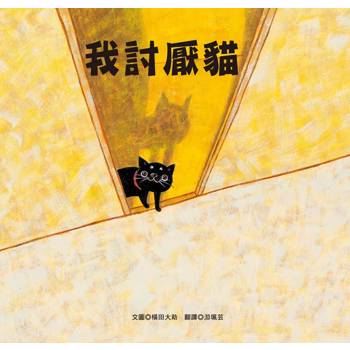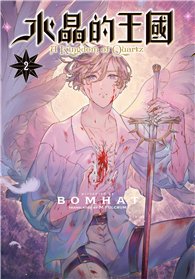| FindBook |
有 1 項符合
Speke's Journal of the Discovery of the Source of the Nile的圖書 |
 |
Speke's Journal of the Discovery of the Source of the Nile 作者:John Hanning Speke 出版社:Editions Artisan Devereaux LLC 出版日期:2016-09-13 語言:英文 |
| 圖書館借閱 |
| 國家圖書館 | 全國圖書書目資訊網 | 國立公共資訊圖書館 | 電子書服務平台 | MetaCat 跨館整合查詢 |
| 臺北市立圖書館 | 新北市立圖書館 | 基隆市公共圖書館 | 桃園市立圖書館 | 新竹縣公共圖書館 |
| 苗栗縣立圖書館 | 臺中市立圖書館 | 彰化縣公共圖書館 | 南投縣文化局 | 雲林縣公共圖書館 |
| 嘉義縣圖書館 | 臺南市立圖書館 | 高雄市立圖書館 | 屏東縣公共圖書館 | 宜蘭縣公共圖書館 |
| 花蓮縣文化局 | 臺東縣文化處 |
|
|
Speke’s Journal is the classic travelogue by the British Army officer John Hanning Speke, that describes the daily trials and tribulations of his safari in search of the source of Africa’s Nile River.
Despite being temporarily blinded and deafened, he returned with a memoir that describes parts of sub-Saharan Africa that had never been seen before by Europeans,
Remarkable in scope and rich in thought, Speke’s Journal, intended as an essay for the Royal Geographic Society of England, also served as a catalog of the people, flora and fauna, and geography of eastern Africa to the greater public.
Obtaining the location of the source of the Nile not only meant world fame for its discoverers, it also greatly increased the probability of controlling this waterway by the British Empire.
Upon Speke’s return to England, fellow explorer Captain Richard Burton would not accept Speke’s claim to have discovered the Nile’s source, for which he felt there was no conclusive evidence.
Burton believed that the true source was ‘his’ Lake Tanganyika.
Burton felt belittled and was infuriated by Speke’s account in Blackwood’s Edinburgh Magazine. The breach between them was never healed.
Speke was only thirty-seven when he died in a shooting accident.
It was not until years later that he was proven to have been right and that Lake Victoria Nyanza is the true source of the Nile.
“The volume which Captain Speke has presented to the world possesses more than geographic interest. It is a monument of perseverance, courage, and temper displayed under difficulties which perhaps never have been equaled.”
-The Times
|










